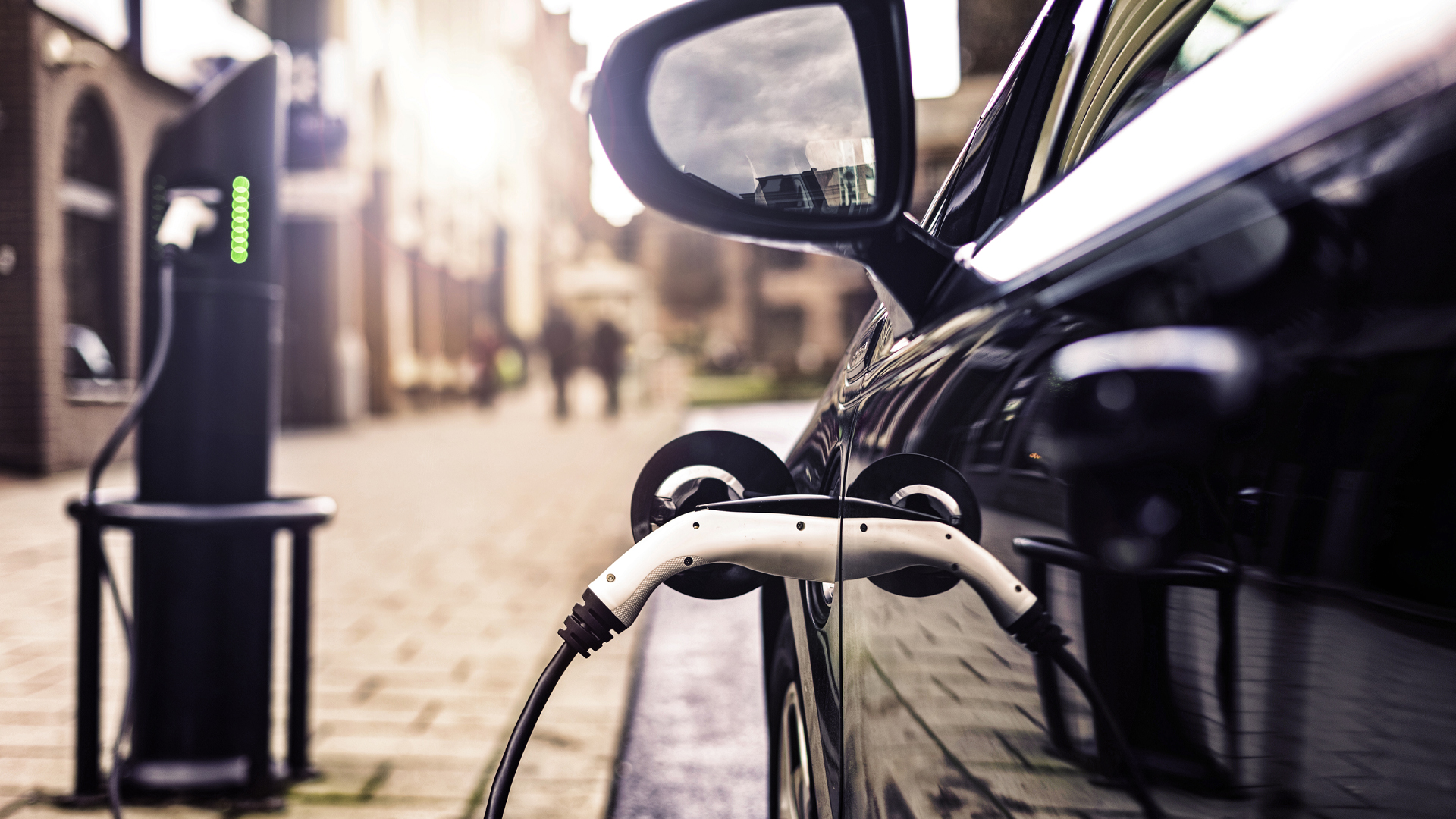Where Can I Charge My EV If I Don’t Have a Driveway?
Electric car sales are on a serious upswing in the UK, with more than 530,000 battery-electric vehicles now on the road and over 400,000 plug-in hybrids in use. But while the move to electric is picking up speed, there’s one question we hear all the time:
If you’ve got a drive or a dedicated parking spot where you can install a home charger, going electric is a breeze. But for those living in flats or homes without off-street parking, charging can feel a bit more complicated. Don’t worry—we’ve got some practical workarounds and top tips to help.
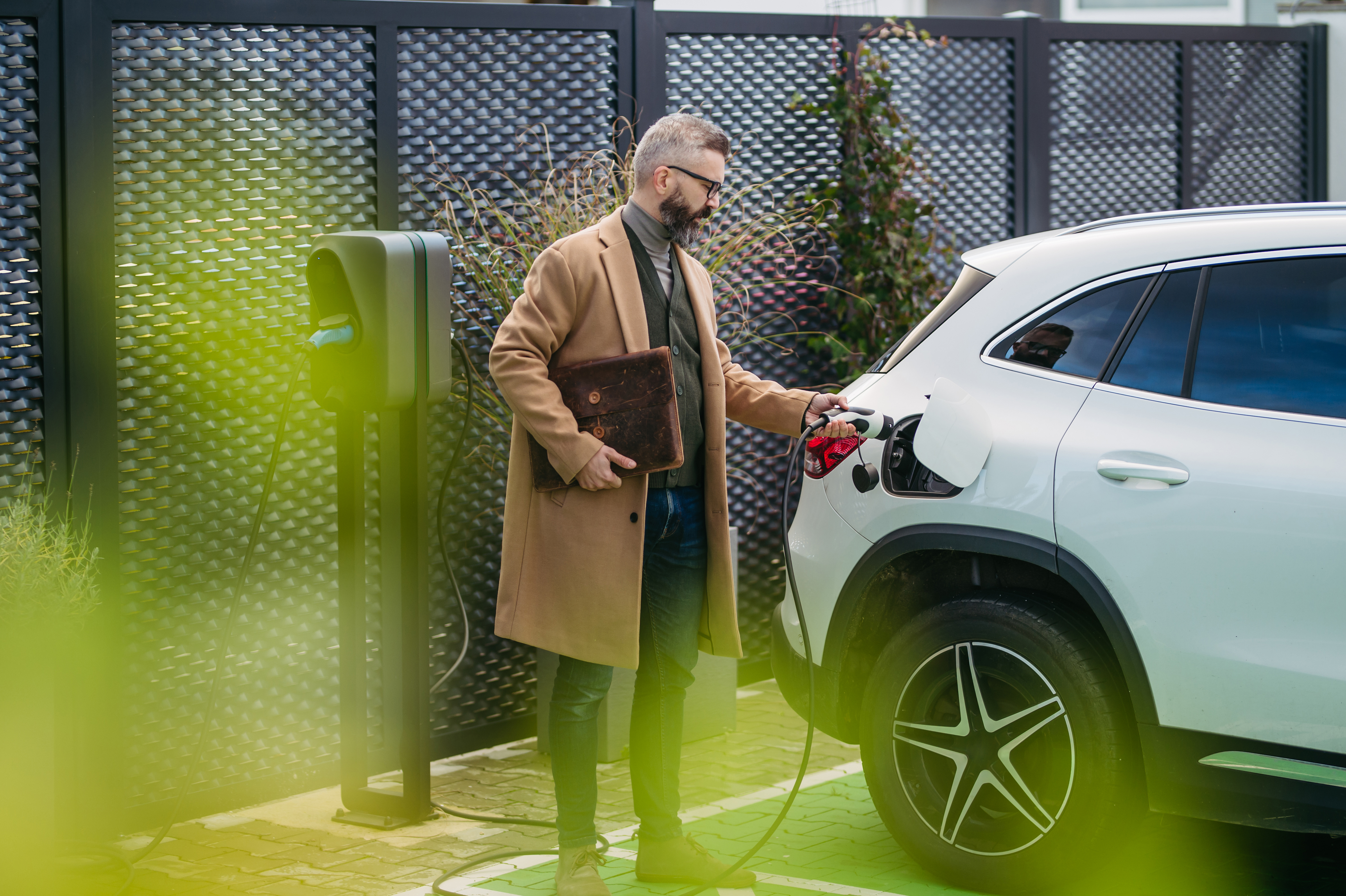
Why Home Charging Is Ideal
Let’s start with the gold standard: charging at home. It's one of the cheapest and most convenient ways to keep your EV powered up. Just plug in overnight, and by morning, you’re fully charged and ready to go—no early petrol station runs, no stress.
Even better? If you’ve got solar panels at home, you could be topping up your car with 100% renewable energy, for free. That’s a big win for your wallet and the planet.
But not everyone has the luxury of off-street parking, and that’s where other options come in.
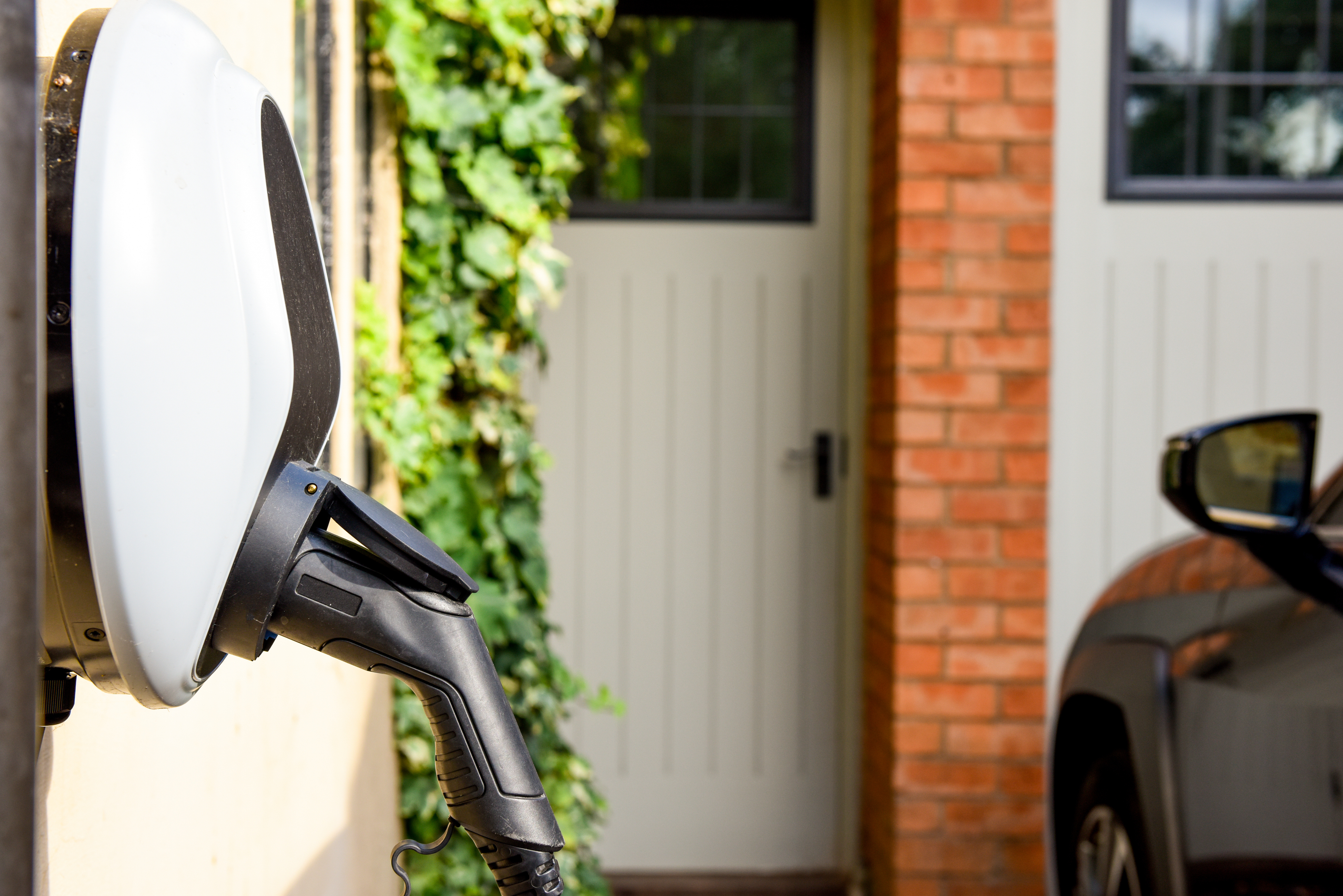
Using the Public Charging Network
The UK’s public charging network is growing rapidly—there are now over 30,000 chargers spread across supermarkets, gyms, shopping centres, motorway services, and more.
The key to making public charging work for you is to plan ahead. A quick search in electric charging apps can show you the nearest charger in seconds. You’ll find slow, fast, and rapid chargers, but each comes with different costs and speeds.
How long does it take to charge?
- Slow chargers (3kW–7kW): Best for overnight charging; takes 8–12 hours.
- Fast chargers (7kW–22kW): Good for a few hours while shopping or working.
- Rapid chargers (50kW+): Great for quick top-ups; charge to 80% in around 30–60 mins.
Top tip: It’s better for your battery’s long-term health to regularly top up between 20–80%, rather than always charging to 100%.
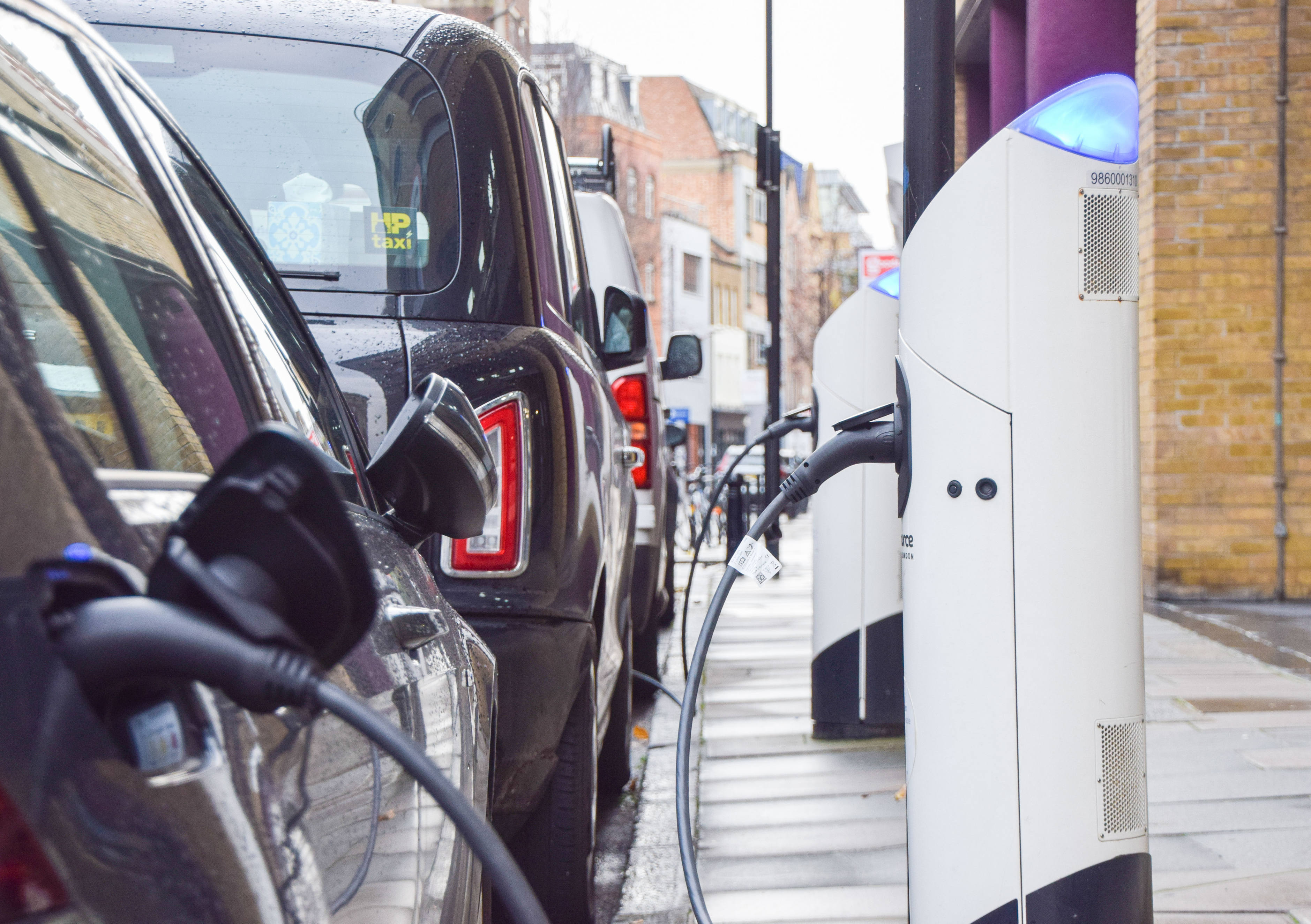
What about cost?
Charging costs vary depending on location, network, and speed. Rapid chargers (especially on motorways) can be more expensive, so it’s worth mixing things up—use cheaper, slower chargers when you have more time, and save rapid charging for long trips.
Some networks now offer subscriptions with lower per-charge prices if you use them regularly—ideal if there’s one near your home or workplace.
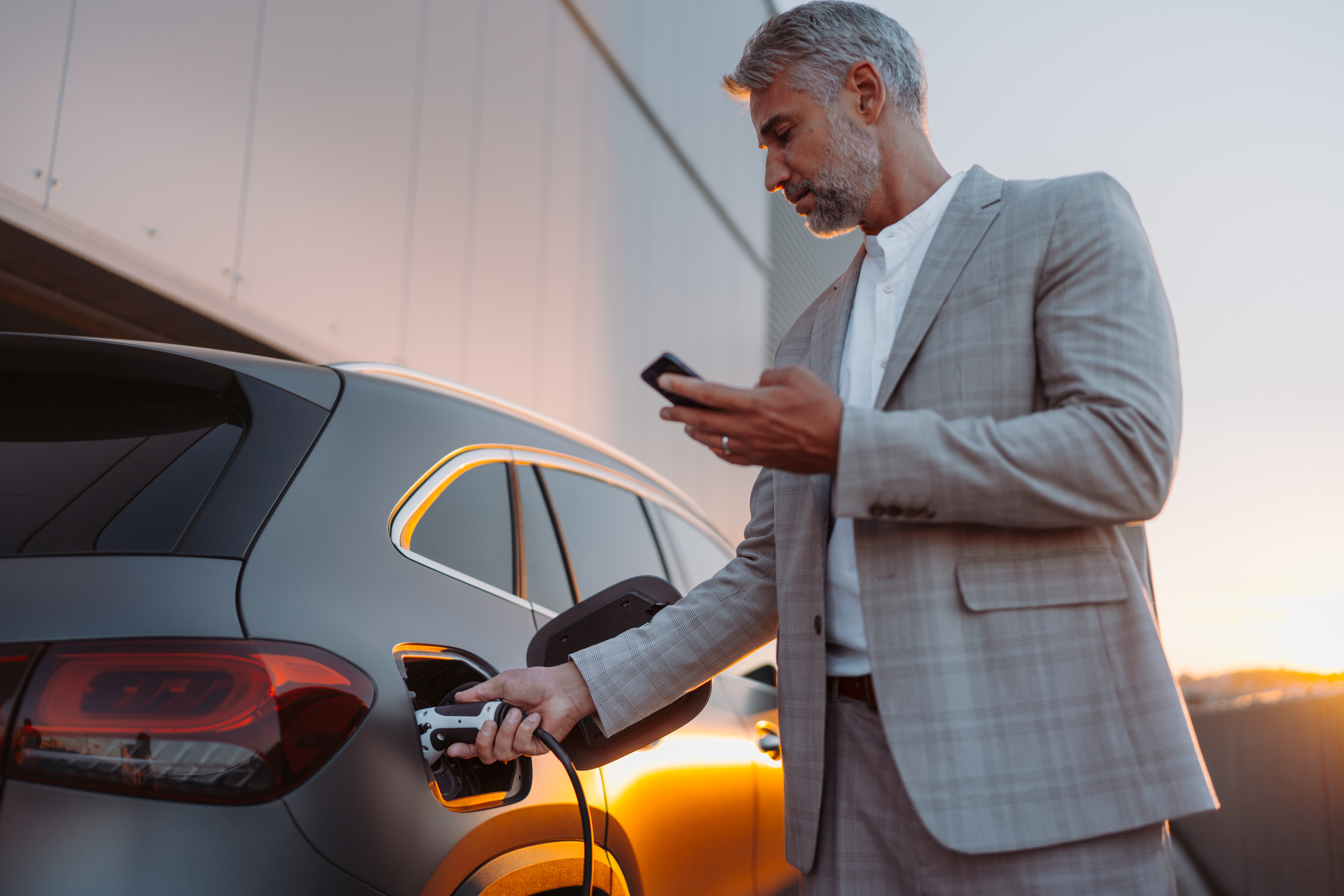
Charging at Work
More employers are starting to install EV chargers on-site, and there’s even a Workplace Charging Scheme that helps businesses cover installation costs. It can provide up to £300 per socket for up to 20 chargers.
If your workplace hasn’t done this yet, it might be worth raising it—it’s a great way to support sustainability, encourage office visits, and help employees save money.
What If I Park on the Street?
If you don’t have a driveway, check whether your local council is part of the On-Street Residential Chargepoint Scheme. This initiative helps fund street-side charging infrastructure, like:
- Lamp post chargers
- Pavement charging points
- Telescopic pop-up chargers
Most of these offer slower charging (around 3kW), but they’re perfect for overnight top-ups. You’ll usually need your own charging cable to use them.
Are There Free Chargers Out There?
Yes! Many public car parks, supermarkets, hotels, and even some high streets offer free EV charging—sometimes with a time limit or minimum spend required. It’s worth looking out for these to reduce your running costs, especially as electricity prices fluctuate.
So Is Going Electric Worth It?
Absolutely. Even without a driveway, owning an EV is becoming more accessible every day. Charging is getting easier, more affordable, and more widespread—and with fuel prices staying unpredictable, the cost-per-mile advantage of an EV is hard to ignore.
Plus, you're future-proofing your driving as we move towards the 2030 ban on new petrol and diesel vehicles.
Want to Know More?
If you're thinking about going electric and want to understand your options—from leasing an EV to getting support with charging—chat with our team at Rivervale. We're here to help you make the switch in a way that suits your lifestyle.

